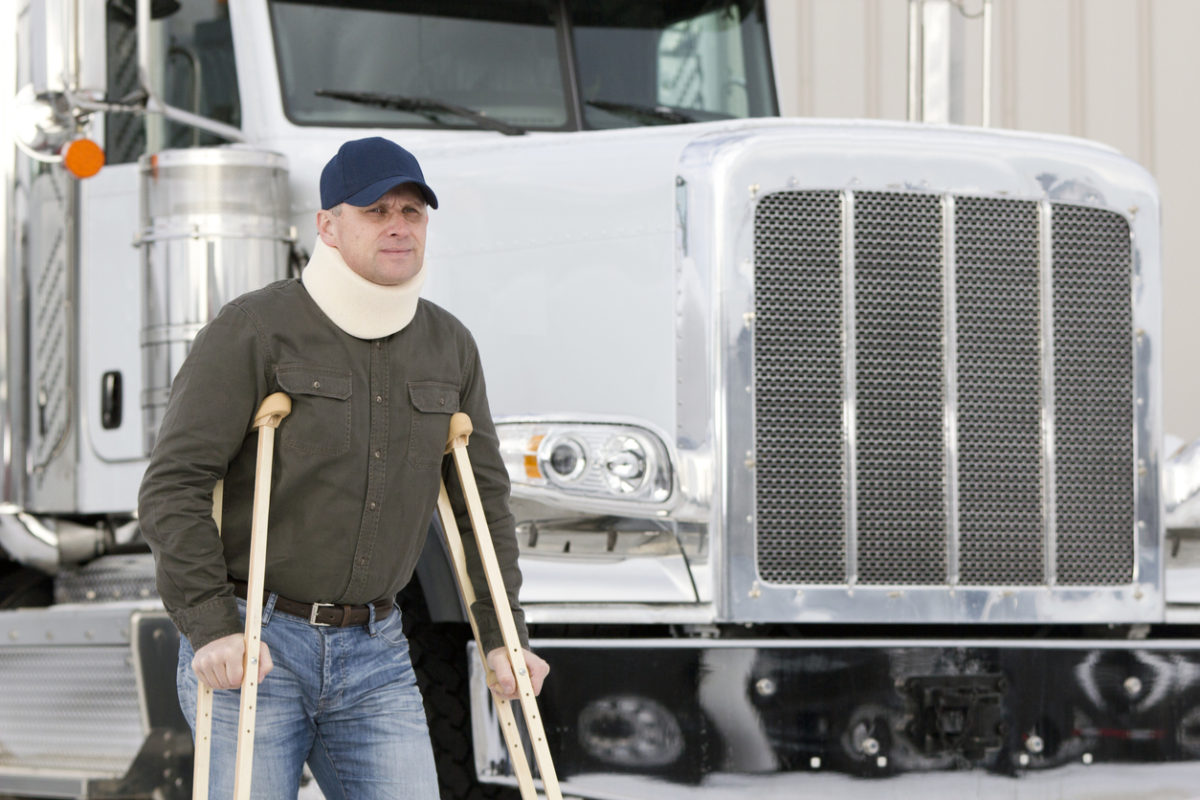With millions of miles traveled each year in the United States alone, it is inevitable that vehicle collisions involving commercial trucks occur. After an accident, trucking companies often rush to obtain a statement from the driver as a means of gaining understanding about the factors leading to a crash. Unfortunately, driver statements can often come back to haunt trucking companies both in litigation and in filing claims against trucking insurance policies. To manage risks, fleet managers must avoid the temptation to obtain a post-accident driver statement.
Flying in the Face of Tradition
For decades, the commercial transportation industry has used driver statements to learn the facts behind collisions and to document both driver behavior and the incident itself for trucking insurance claim purposes. In fact, driver statements have been an accepted industry practice. As recommended by transportation attorney specialists, they argue that these statements often do more harm than good, giving ammunition to injured parties – the plaintiffs in lawsuits — related to the collisions.
By taking a statement from your driver after an accident, you may be providing material facts that will be used in litigation against the driver and the trucking company. Driver’s statements are typically discoverable evidence; attorneys for plaintiffs injured in accidents value these statements as a tool against the driver and driver’s employer in depositions or at trial.
Police may also use driver statements to bring criminal charges against drivers, including vehicular homicide. If those charges are proved, criminal negligence charges can be filed against the trucking company, putting a strain on even the most comprehensive trucking insurance policy.
Limitations of Driver Statements
While collecting driver statements has been an accepted practice after accidents, there are significant limitations to these recorded documents. Trucking companies often believe that statements can reveal the facts behind a vehicle collision by assigning discrete values to accident variables like speed, distance, time, and driver behavior. The truth is more subtle; drivers cannot always recall the specific factors before, during, or after an accident, making the statement an inaccurate tool at best.
Statements may also conflict with one another. Typically, during the collection of a driver statement or statements, multiple people will be involved. The driver may be asked to recount the incident several times, and each of these times the recollection can and will vary. In a claim against trucking insurance or in a trial, these conflicting statements can harm the prospects of the trucking company in successfully defending against litigation.
Finally, driver statements can conflict with other evidence collected after a collision, such as vehicle “black box” recordings, physical evidence at the scene of the collision, and statements obtained from victims and witnesses. Any conflict can present plaintiffs’ attorneys with a bounty of information to use against the driver and his or her employer.
Final Thoughts
To protect against the expected and unforeseen risks in commercial trucking, trucking insurance policies serve as a foundational element of risk management. With this insurance, companies and their drivers gain valuable protection against a broad range of operational and liability risks. Crashes occur every day, and these incidents can put company assets and their drivers in jeopardy. Driver statements have been used to reduce the impact of accidents and to help prevent such incidents from happening again. Still, while recording driver statements after a collision is common, their potential drawbacks far outweigh any perceived benefit.
About Western Truck Insurance Services
Western Truck Insurance Services is a commercial truck insurance agency with roots dating back to 1954. We have evolved into a highly respected, professionally managed, truck and transportation insurance brokerage. The hallmark of our organization is our desire to provide unparalleled service. We go way beyond what you expect to receive from an insurance brokerage. Equipped with state of the art automation, Western Truck Insurance can provide you with lightning fast truck insurance quotes, customer service, Insurance certificates, and coverage changes. Contact us today at (800) 937-8785 to learn more!

